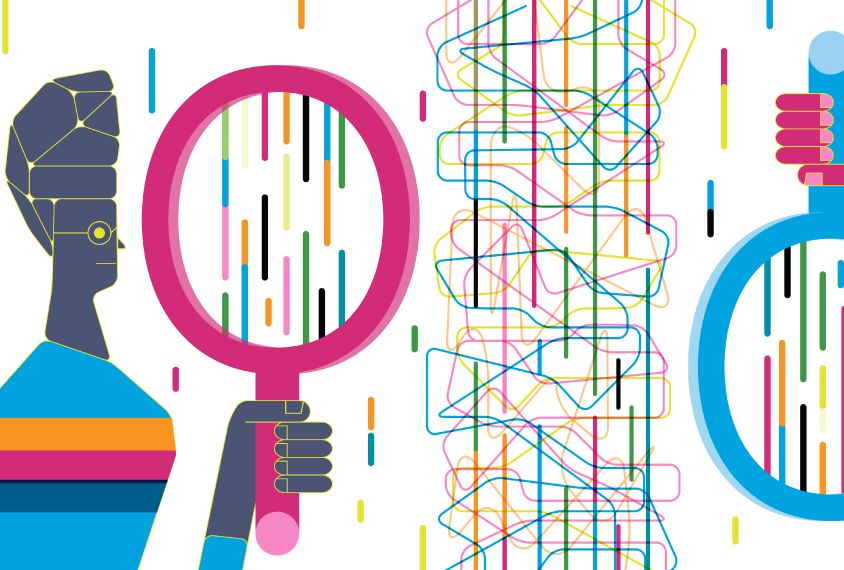Clare Harrop is assistant professor of allied health sciences at the University of North Carolina at Chapel Hill.
Clare Harrop
Postdoctoral Fellow
University of North Carolina at Chapel Hill
From this contributor
How to safeguard online data collection against fraud
When autism researcher Clare Harrop tried to recruit survey participants over social media, she received hundreds of fraudulent responses. But there are ways researchers can protect themselves from similar experiences.

How to safeguard online data collection against fraud
Learning when to treat repetitive behaviors in autism
Some restricted and repetitive behaviors may have hidden benefits for people with autism, so scientists should work to find a happy medium between acceptance and change.

Learning when to treat repetitive behaviors in autism
Explore more from The Transmitter
New autism committee positions itself as science-backed alternative to government group
The Independent Autism Coordinating Committee plans to meet at the same time as the U.S. federal Interagency Autism Coordinating Committee later this month—and offer its own research agenda.

New autism committee positions itself as science-backed alternative to government group
The Independent Autism Coordinating Committee plans to meet at the same time as the U.S. federal Interagency Autism Coordinating Committee later this month—and offer its own research agenda.
Two neurobiologists win 2026 Brain Prize for discovering mechanics of touch
Research by Patrik Ernfors and David Ginty has delineated the diverse cell types of the somatosensory system and revealed how they detect and discriminate among different types of tactile information.

Two neurobiologists win 2026 Brain Prize for discovering mechanics of touch
Research by Patrik Ernfors and David Ginty has delineated the diverse cell types of the somatosensory system and revealed how they detect and discriminate among different types of tactile information.
Shifting neural code powers speech comprehension
Dynamic coding helps explain how the brain processes multiple features of speech—from the smallest units of sounds to full sentences—simultaneously.

Shifting neural code powers speech comprehension
Dynamic coding helps explain how the brain processes multiple features of speech—from the smallest units of sounds to full sentences—simultaneously.